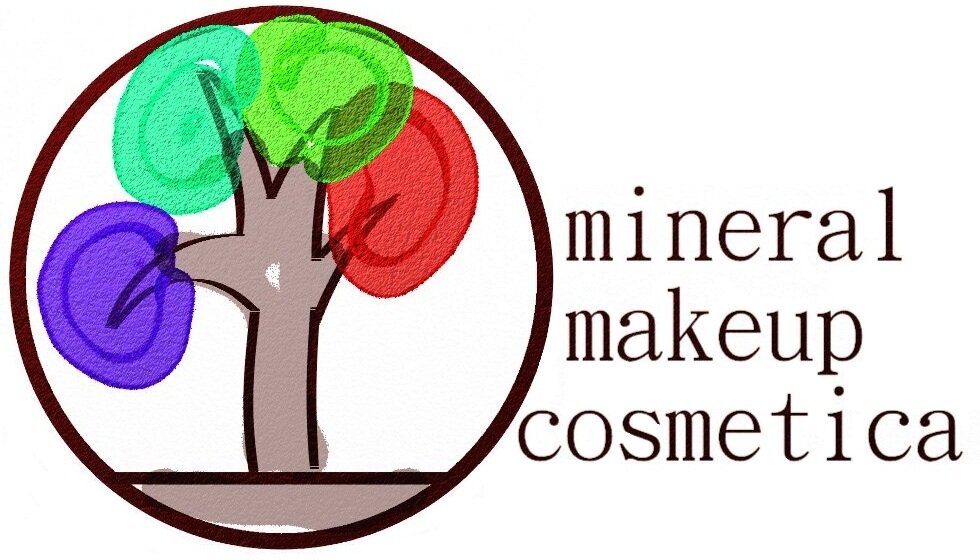Continued ... Makeup Tips C2E
>Home Page >>Makeup Tips >>>Makeup Tips A to B >>>>Makeup Tips C to E
(The breadcrumb menu tells you how deep you are in a particular subject. Use it as a guide to see where you are. Underlined links are clickable. If you ever feel totally lost, click the Site Map or the Search (and enter your search word/s) icon on the right of this message)
Makeup Tips C2E is my version of what I think of the ingredients. Scan over the paragraphs, get an idea, do your own research and make your own educated opinion.
What I think of the makeup ingredients is only to make you pause, think and then let you decide what is best for you.
C13-14 Isoparaffin
An organic compound made of hydrogen and carbon derived from petrochemicals.
Used in makeup as a solvent (dissolves ingredients together)
It is considered safe to use by the cosmetic industry.
The cosmetic industry are supposed to used highly refined petroleum.
Unrefined petroleum will include impurities that will cause allergies and contain carcinogens.
My makeup tips C2E category = BAD
Camellia Sinensis Extract
Known as Green Tea.
Use extensively in cosmetics.
Has antioxidant, anti-inflammatory, anti-aging and anti-carcinogenic properties.
Reduces redness and irritation associated with Rosacea.
Works well with sunscreens.
Improves skin elasticity.
No reported side effects.
International Fragrance Association Codes & Standards has a restriction on the concentration used in fragrances / perfumes.
My makeup tips C2E category = GOOD
Cetearyl Alcohol
An organic fatty alcohol preservative.
Acts as a stabiliser - stops oils and liquids from separating and reduces foaming.
There is no evidence of this alcohol being a skin irritant or sensitiser.
Be cautious if you have dry skin.
May be derived from animal sources - animal by-products. (Does not have to be mentioned on the label)
My makeup tips C2E category = GOOD (if not derived from animals)
Cetearyl Glucoside
A natural or synthetic ingredient used as a surfactant and emulsifier.
Makes oil and dirt stick to water for easy washing off.
There is no evidence of this ingredient being a skin irritant or sensitiser.
My makeup tips C2E category = GOOD
Cetyl Alcohol
An organic fatty alcohol preservative derived from coconut oil.
Acts as a stabiliser - stops oils and liquids from separating and reduces foaming.
Gives the skin a soft appearance and adds lubrication to the formula.
There is no evidence of this alcohol being a skin irritant or sensitiser.
Be cautious if you have dry skin.
May be derived from animal sources - animal by-products. (Does not have to be mentioned on the label)
My makeup tips C2E category = GOOD (if not derived from animals)
Citronellol
A synthetic fragrance.
The Joint FAO/WHO Committee has issued an acceptable daily intake of up to 0.5 mg/kg of body weight.
It is restricted by the International Fragrance association because of sensitisation concerns.
If you have an allergy to perfumes, you should avoid this.
My makeup tips C2E category = GOOD
Cocos Nicifer Oil
Coconut oil, an edible oil that enhances the appearance of dry or damaged skin.
It reduces moisture loss by forming a barrier on the skin's surface.
It is a very rare allergenic causing contact dermatitis.
Other than being a rare allergenic, there are no other reported side effects.
My makeup tips C2E category = GOOD
Dimethicone
A silicone polymer used to slow moisture loss and soothes the skin from irritations.
It also soothes contact dermatitis, reduces redness caused by Rosacea and acts an anti-inflammatory.
The Joint FAO/WHO Committee has established an acceptable daily intake level of 0 to 1.5 mg/kg of body weight.
There are no reported side effects when used on the skin.
My makeup tips C2E category = GOOD
Dimethiconol
A synthetic silicone used as a "Skin Conditioning Agent".
Adds lubrication and creates a barrier over your skin to reduce loss of moisture.
There is no evidence that it causes allergenic reactions or any other safety issues.
It is claimed that the quantities used in cosmetics are considered safe for humans.
My makeup tips C2E category = GOOD
Disodium EDTA
A synthetic preservative - protects the product from spoiling, protects the fragrance and keeps the clarity (or appearance) of the liquid.
In low doses, some studies show this ingredient to be mildly cytotoxic (affects your cells) and geno-toxic (affects the DNA thereby making the cell mutagenic or cancergenic)
Studies of large doses (orally) showed reproductive and developmental effects.
It is claimed that the quantities used in cosmetics are considered safe for humans.
Because EDTA is used so extensively, it has become an environmental polluter or better known as a Persistent Organic Polluter - POP.
It is long range (travels the earth) and bio-accumulative (absorbed faster into your body than what your body can get rid of it).
It is resistant to environmental degradation.
Examples of POP's are Agent Orange, DDT and Chlordane.
POP's can cause death and illnesses.
They disrupt the endocrine, reproductive and immune systems.
They cause neuro-behavioural disorders and cancers (possibly including breast cancer)
Typical POP exposure is from your food or environment.
My makeup tip C2E category = BAD
Ethylparaben
A synthetic preservative.
The Joint FAO/WHO Committee has established an acceptable daily intake of 0.10 mg/kg of body weight for the total sum of Ethyl-, Methyl- and Propyl- parabens.
In Europe, Ethylparaben is restricted to 0.4% on its own or 0.8% when mixed with other parabens.
The quantities used in cosmetics are considered safe for humans.
Parabens can affect your endocrine system as it is considered weakly oestrogenic.
Studies indicate that when it is applied on the skin, it may react with UVB (sunlight), leading to increased skin ageing and DNA damage (Free radical generator).
Do not use a paraben product on broken skin.
For people that are allergic to parabens, they can cause skin irritation, contact dermatitis and rosacea.
It is toxic at high concentrations.
Although there is no evidence, parabens are being associated with :
- breast cancer tumours
- increasing prevalence of early puberty in girls
My makeup tip C2E category = BAD
Next Page (Makeup Tips F to I)
Makeup Tips (Back to First Page)

 More on Cosmetics
More on Cosmetics
 Natural Skincare
Natural Skincare Acne Skincare
Acne Skincare Organic Cosmetics
Organic Cosmetics Mineral Cosmetics
Mineral Cosmetics Natural Cosmetics
Natural Cosmetics















